Contents
- Why Food & Beverage Management Matters
- Key Responsibilities in Food & Beverage Management
- Core Skills Every Food & Beverage Manager Needs
- Types of Food and Beverage Service Explained
- Modern Trends in Food & Beverage Management
- How to Build a Successful Food & Beverage Team
- Guest Experience: The Heart of Food & Beverage Service
- Technology & Innovations in Food & Beverage Management
- Career Path & Growth in Food & Beverage Management
- Conclusion: Bringing People and Hospitality Together
Why Food & Beverage Management Matters
Behind every memorable dining experience — from a cozy café breakfast to a luxury hotel banquet — stands a skilled food and beverage management team. Their work is far more than serving plates and pouring drinks. It’s about orchestrating hospitality, efficiency, quality, and guest satisfaction at every touchpoint.
Food and beverage management covers everything involved in running dining operations successfully, including:
- menu planning and costing
- supplier coordination and inventory control
- team training and service standards
- guest experience and feedback handling
- health, hygiene, and safety compliance
- financial planning and profit optimization
In simple terms, a food and beverage manager ensures guests don’t just eat — they enjoy, feel valued, and want to return.
This field blends creativity, leadership, and operational strategy, making it essential in hotels, resorts, restaurants, bars, catering, cruise ships, and any hospitality setting. As global dining trends evolve — from sustainability and wellness to automation and elevated service expectations — F&B pros shape how the world experiences food.
Whether you’re pursuing a career in hospitality, managing a restaurant, or simply curious about what happens behind the scenes, understanding food and beverage management helps you appreciate the craft and strategy that bring great dining moments to life.
Key Responsibilities in Food & Beverage Management
Food and beverage management is a blend of operational precision, guest-first thinking, and continuous improvement. A successful food and beverage manager oversees every moving part of the dining experience, ensuring quality, consistency, and profitability.
Here are the core responsibilities:
✅ Menu Planning & Cost Control
F&B managers collaborate with chefs to design menus that reflect the brand, meet customer expectations, and maintain strong profit margins. This includes ingredient sourcing, portion planning, and seasonal updates to stay relevant and cost-efficient.
✅ Staff Management & Training
Hospitality is only as strong as its people. Training, motivating, scheduling, and supporting staff helps maintain service excellence. Great F&B managers lead by example, promote communication, and build positive team culture.
✅ Guest Experience & Service Standards
From greeting guests to handling feedback, the goal is to deliver memorable service. Strong service protocols, consistent quality checks, and personal touches turn first-time visitors into loyal customers.
✅ Inventory & Supplier Management
Monitoring stock levels, negotiating with suppliers, and managing deliveries ensures kitchens and bars are well-supplied — without waste. Organization and accuracy here protect profits.
✅ Compliance & Safety
Food and beverage service must meet sanitation standards, health regulations, and allergen protocols. F&B managers oversee safe food handling, clean environments, and certified training requirements.
✅ Financial Oversight
Budgeting, cost control, revenue forecasting, and performance analysis help keep the business profitable. A strong manager reads numbers as well as menus.
A food and beverage manager wears many hats — leader, strategist, communicator, problem-solver, and guest ambassador. It’s a fast-paced role where no two days are the same, and excellence shows in the smallest details.
Core Skills Every Food & Beverage Manager Needs
Food & beverage management blends hospitality with business strategy — meaning the role demands both people skills and operational expertise. While every manager brings their own style, the best F&B leaders consistently demonstrate the following strengths:
✨ Leadership & Team Motivation
An F&B manager inspires, trains, and guides their team. They create a positive work culture where staff feel confident, supported, and equipped to deliver great service — even during peak hours.
🤝 Customer Service Excellence
Hospitality is human-centered. Managers need emotional intelligence, patience, and the ability to turn challenges into positive guest experiences. A genuine smile and a proactive attitude go a long way.
📊 Financial & Analytical Skills
From food costs and inventory to sales performance and profitability, F&B managers must be able to read data and make informed decisions. Successful operations balance quality and value.
📦 Strong Organizational Skills
Managing deliveries, schedules, reservations, equipment, and food safety systems requires precise coordination. Every detail matters in a smooth-running dining environment.
🥘 Food & Beverage Knowledge
Understanding ingredients, cuisine types, drink pairings, service styles, and food safety regulations helps managers maintain quality and train staff effectively.
💬 Communication & Problem-Solving
Whether resolving a guest complaint or coordinating between kitchen and service teams, clarity and calm decision-making are essential. Great managers stay poised under pressure.
🚀 Adaptability
Trends shift, menus evolve, and guest expectations change. The best F&B leaders stay curious, flexible, and future-ready — always embracing innovation.
In short, an F&B manager is a leader, coach, business thinker, and hospitality ambassador — someone who balances operations with heart.
Types of Food and Beverage Service Explained
Food and beverage service isn’t one-size-fits-all. Different dining settings require different service styles — each designed to create a unique guest experience and reflect the brand’s personality. Understanding these service types helps F&B managers choose the right approach for efficiency, atmosphere, and guest satisfaction.
🍴 Table Service
The classic restaurant approach, where guests are seated and served by waitstaff. Levels vary — from causal bistro service to sophisticated fine dining with multi-course pacing, tableside finishing, and curated wine service.
Where you see it: restaurants, hotels, upscale cafés, private clubs
🧾 Self-Service
Guests serve themselves from a counter or station. It’s fast, practical, and convenient — ideal for high-volume venues.
Examples: cafeterias, workplace dining, quick-service restaurants, buffets
🍱 Buffet Service
Guests select food from a display of dishes and serve themselves or are assisted by staff behind stations. Buffets offer variety and visual appeal.
Common in: hotels, events, brunch venues, resorts
🥂 Butler/Tray Service
Servers circulate with trays of pre-prepared items — ideal for elegant, standing-style events.
Used for: cocktail receptions, banquets, weddings
🎭 Gueridon / Tableside Service
A premium experience where food is finished or cooked tableside — adding flair, skill, and interaction.
Often found in: luxury restaurants and fine-dining settings
🚗 Takeaway & Delivery Service
A fast-growing segment as convenience and digital food culture rise. F&B managers coordinate packaging quality, delivery logistics, and consistency.
Seen in: restaurants, bakeries, cloud kitchens
☕ Counter & Bar Service
Guests order at a counter or bar — often paired with casual or café environments. Efficient and relaxed, ideal for quick bites and beverages.
Typical for: cafés, coffee shops, wine bars, pubs
Each style has its own rhythm, equipment needs, staffing approach, and guest expectations. A skilled food & beverage manager chooses and adapts service formats to match the venue’s concept, guests, and goals — all while ensuring smooth operations.
Modern Trends in Food & Beverage Management
The food & beverage industry is evolving faster than ever. Today’s guests expect more than good food — they want transparency, sustainability, convenience, and an experience worth remembering. Modern food and beverage managers stay ahead by embracing innovation while protecting quality and hospitality traditions.
🌱 Sustainability & Local Sourcing
Customers care about where food comes from. Restaurants now prioritize:
- Farm-to-table partnerships
- Seasonal menus
- Reducing food waste
- Eco-friendly packaging
Sustainability isn’t just ethical — it builds brand trust and loyalty.
📱 Digital Ordering & Smart Technology
Technology is reshaping food and beverage service, improving speed and accuracy. Popular tools include:
- Online ordering & delivery platforms
- QR menus
- Contactless payments
- Reservation and table-management systems
- POS analytics & forecasting
Smart tech allows managers to balance efficiency with service quality.
🧠 Health-Conscious Dining
Guests are increasingly mindful about nutrition and wellness. This has led to demand for:
- Fresh, minimally processed ingredients
- Plant-forward and vegetarian/vegan options
- Allergen-friendly menus
- Transparent nutritional info
Healthy options are no longer a trend — they’re a standard expectation.
🍷 Experiential Dining
Dining is entertainment — guests want memorable experiences, such as:
- Chef’s tables and tasting menus
- Live cooking or mixology
- Themed dining events
- Wine, cheese, or craft drink pairings
- Cultural and regional food showcases
It’s about turning a meal into a story.
👩🍳 Skilled Staffing & Hospitality Culture
With global staffing challenges, F&B success depends on:
- Strong employee retention practices
- Attractive training programs
- Supportive work environments
- Career growth opportunities
Happy teams create happy guests — it’s that simple.
Staying competitive means blending innovation with human connection. Technology helps, but hospitality always comes back to people, flavor, and genuine care.
How to Build a Successful Food & Beverage Team
A food and beverage operation is only as strong as the people behind it. Even the most impressive menu or venue falls flat without a motivated, well-trained, and cohesive team. A skilled food and beverage manager understands that leadership isn’t just directing tasks — it’s developing talent, setting culture, and inspiring excellence every day.
🎯 Hire for Attitude, Train for Skill
Technical skills can be taught, but positive energy, teamwork, and genuine hospitality are harder to train. The best F&B teams balance experience with personality — people who love service naturally elevate the guest experience.
📚 Clear Training & Growth Opportunities
Strong training systems build confidence and consistency. This includes:
- onboarding with standards and expectations
- menu & product knowledge training
- service skills and communication practice
- safety and hygiene certification
- cross-training for flexibility and growth
When staff feel supported, they perform better — and stay longer.
🤝 Communication & Collaboration
Front-of-house and back-of-house teamwork is essential. Managers should encourage open dialogue, pre-shift briefings, feedback moments, and shared goals to keep everyone aligned and energized.
🌟 Empowerment & Recognition
Great managers don’t micromanage — they empower. Trusting staff, inviting ideas, and recognizing achievements builds pride and ownership. Even small praise moments boost morale and performance.
💬 Handling Pressure with Calm Leadership
Restaurants move fast. Things go wrong. Guests have expectations. A successful F&B manager remains steady under pressure, turning challenges into coaching moments, not conflict.
A thriving food & beverage team feels united, confident, and valued — and that energy translates directly into exceptional guest experiences and stronger business results.
Guest Experience: The Heart of Food & Beverage Service
At the core of every successful food and beverage operation is one mission: make guests feel welcomed, valued, and delighted. No matter how beautiful the dining room looks or how skilled the kitchen is, the guest experience defines whether people return — and whether they recommend the place to others.
Great hospitality goes beyond delivering food — it’s about creating memorable moments.
👋 Warm, Genuine Hospitality
First impressions matter. A warm greeting, eye contact, and sincere enthusiasm set the tone for the entire meal. Guests remember how they are made to feel more than anything else.
🍽️ Consistency & Quality
High-quality food and beverage service means reliability — dishes taste as expected, presentation is appealing, and details are consistent from visit to visit.
Guests trust places that always deliver.
🕒 Timing & Attention
Exceptional service balances attentiveness with respect for the guest’s space. That means:
- timely seating
- checking in without hovering
- anticipating needs
- reading the guest mood (romantic dinner vs. business lunch)
The best servers feel almost intuitive.
💬 Proactive Problem Resolution
Issues happen — it’s hospitality. What matters is how they’re handled. A calm, solutions-first approach turns potential complaints into moments of loyalty.
A great F&B manager coaches staff to respond with empathy, speed, and professionalism.
🌟 Personalization
Guests love thoughtful touches — learning repeat customers’ preferences, suggesting pairings, or celebrating special occasions. Personalization transforms dining into an experience.
In the end, food brings people in. Hospitality brings them back.
The heart of food & beverage service isn’t service — it’s connection.
Technology & Innovations in Food & Beverage Management
Technology has transformed how modern food and beverage operations run — from the kitchen to the guest table. Today’s food & beverage managers use digital tools not only to streamline service, but to enhance storytelling, efficiency, sustainability, and guest engagement.
Tech doesn’t replace hospitality — it elevates it when used wisely.
📲 Digital Menus & Ordering
QR menus, online reservations, and digital ordering systems add convenience and reduce wait times. They allow guests to browse at their pace and help restaurants update menus instantly to reflect availability and specials.
🍽️ Smart Kitchen Systems
Modern kitchens rely on:
- inventory tracking software
- automated food waste monitoring
- smart appliances with temperature control
- prep and station workflow screens
These systems boost consistency, safety, and productivity.
📦 Cloud-Based POS & Analytics
Point-of-sale systems now track:
- top-selling items
- peak hours
- average check size
- inventory usage
- labor efficiency
This helps managers forecast, adjust menus, and optimize revenue with data — not guesses.
🤖 AI & Automation
From automated food prep assist tools to AI table assignment systems and conversational kiosks, automation supports staff rather than replacing them — especially during labor shortages.
🌐 Digital Marketing & Online Presence
Food & beverage managers now collaborate with marketing teams to:
- manage online reviews
- create social media content
- maintain Google Business profiles
- develop loyalty programs
- run online promotions & email campaigns
Visibility today drives foot traffic tomorrow.
💧 Sustainability Tech
Eco-friendly tools like smart dishwashers, composting systems, and energy-efficient appliances support sustainability goals and reduce operating costs.
In modern hospitality, technology isn’t a trend — it’s a competitive advantage. But the magic happens when technology and human service work together, creating experiences that are efficient and deeply personal.
Career Path & Growth in Food & Beverage Management
A career in food and beverage management opens doors far beyond the dining room. It’s a profession where passion, people skills, and commercial insight come together — and where talent can grow quickly for those ready to lead and innovate.
Whether you’re starting from an entry-level position or transitioning from another industry, the F&B world offers diverse, exciting paths.
🧑🍳 Typical Career Progression
Many professionals begin in direct guest-facing or kitchen roles and move up:
- Server / Barista / Bartender
- Supervisor / Shift Leader
- Assistant Food & Beverage Manager
- Food & Beverage Manager
- Director of Food & Beverage
- General Manager / Operations Director
- Corporate / Multi-unit Hospitality Leadership
This hands-on journey builds deep understanding of both operations and people.
🏨 Where F&B Managers Can Work
Food & beverage careers span multiple sectors:
- Restaurants, cafés, bakeries
- Hotels & resorts
- Cruise lines & tourism
- Event catering & banquet halls
- Private clubs & luxury lounges
- Entertainment venues & casinos
- Airlines & travel lounges
- Corporate food service & wellness dining
- Universities & educational dining programs
Every type of venue brings different rhythms and rewards.
🎓 Training, Degrees & Certifications
While many F&B managers learn on the job, formal qualifications can accelerate growth:
- Hospitality or business degrees
- Culinary school programs
- Food safety certification (e.g., ServSafe)
- Wine, beverage & coffee certifications (WSET, BARISTA, mixology)
- Leadership & customer service training
Continuous learning is key — hospitality evolves, and so must its leaders.
🚀 Skills That Boost Long-Term Success
Ambitious professionals thrive when they strengthen:
- Communication & emotional intelligence
- Financial literacy (profit & loss, food costs)
- People management & coaching
- Guest relations & crisis handling
- Menu knowledge & cultural awareness
- Tech proficiency in modern hospitality tools
The most successful F&B managers stay curious, adaptable, and guest-focused.
Food & beverage management isn’t just a job — it’s a lifelong craft.
There’s always a new skill to learn, a new dining trend to explore, and new ways to elevate guest experiences.
Conclusion: Bringing People and Hospitality Together
Food and beverage management is where creativity meets strategy, and where business meets true hospitality. It’s more than running dining operations — it’s creating experiences that make people feel welcome, valued, and inspired. Every service style, menu choice, staff interaction, and guest moment contributes to a story that lives far beyond the meal itself.
At its heart, the food & beverage industry is about connection:
guests connecting with flavors, teams connecting with purpose, and communities connecting around the table. When a food and beverage manager blends operational excellence with genuine care, hospitality becomes memorable — and powerful.
Whether you’re entering the industry, growing your leadership skills, or seeking a deeper understanding of how restaurants and hotels work behind the scenes, mastering food and beverage management opens the door to countless opportunities — and unforgettable moments of service.
Here’s to every plate, every team, and every guest — and to the passionate professionals who bring it all together every day.

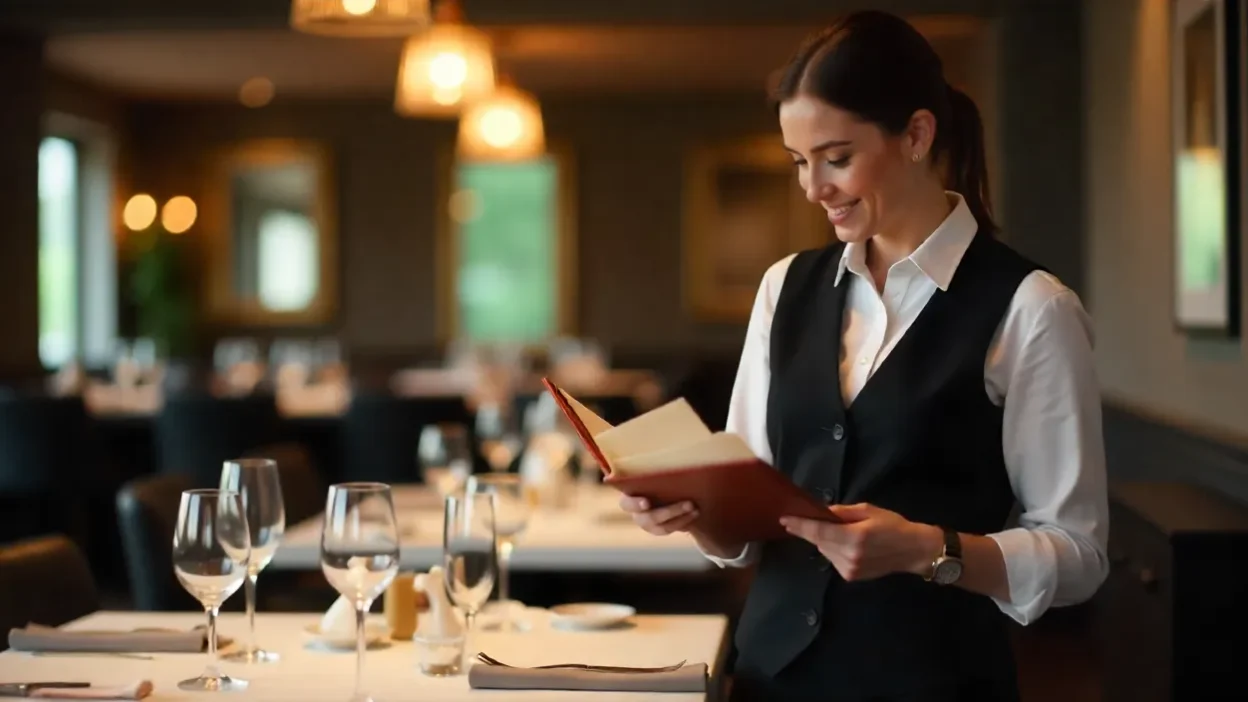

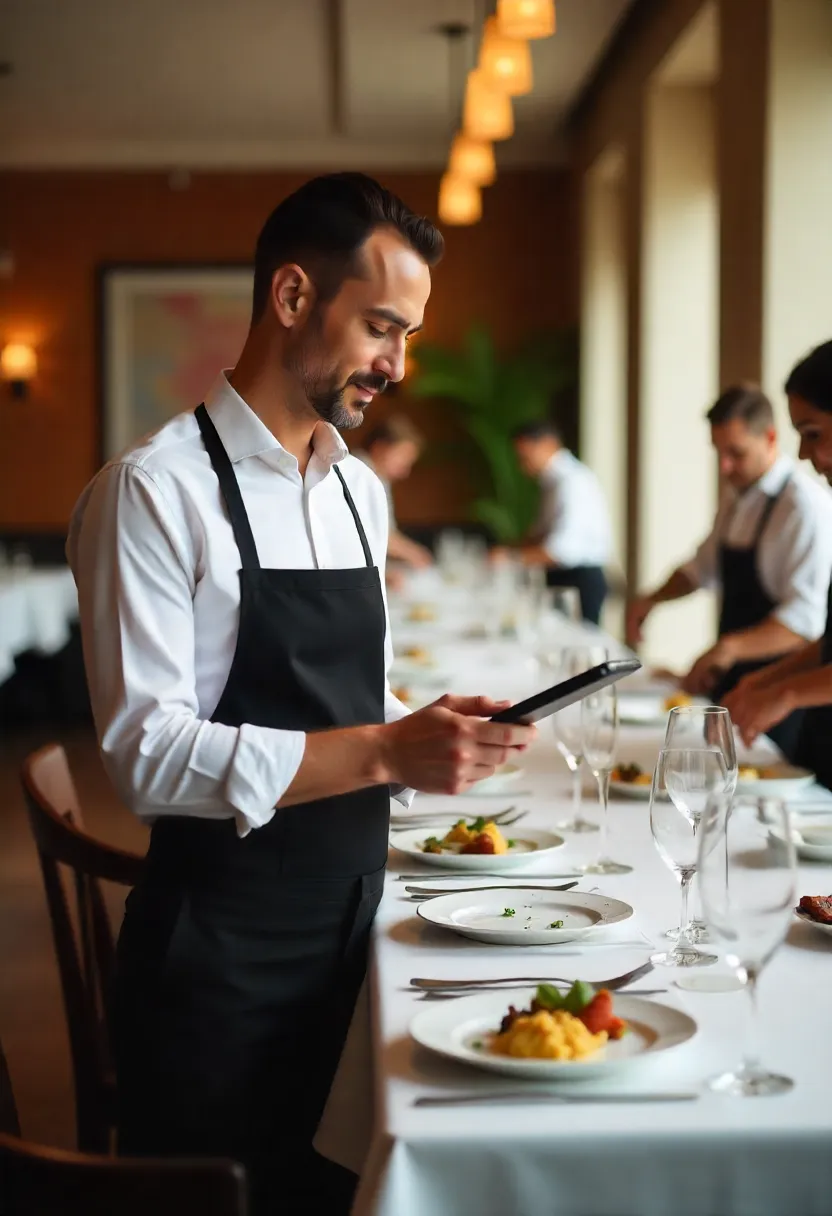
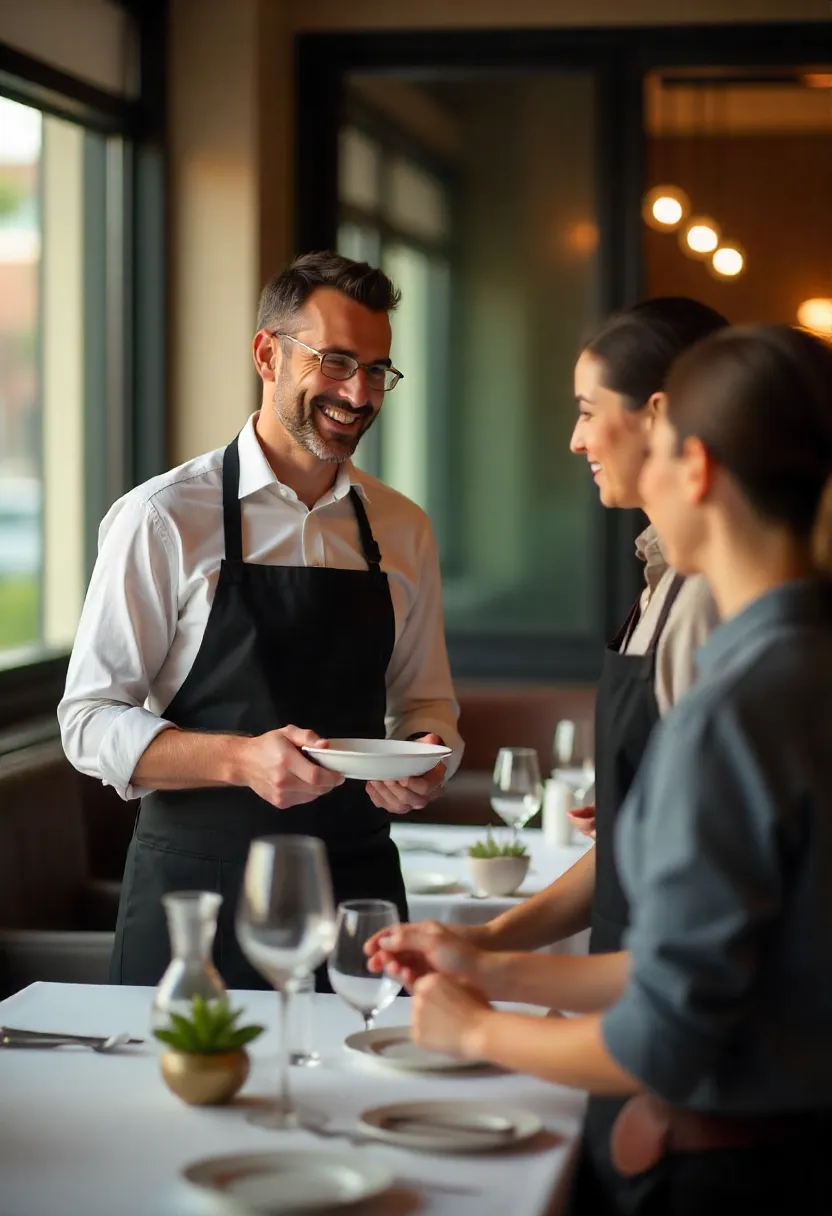
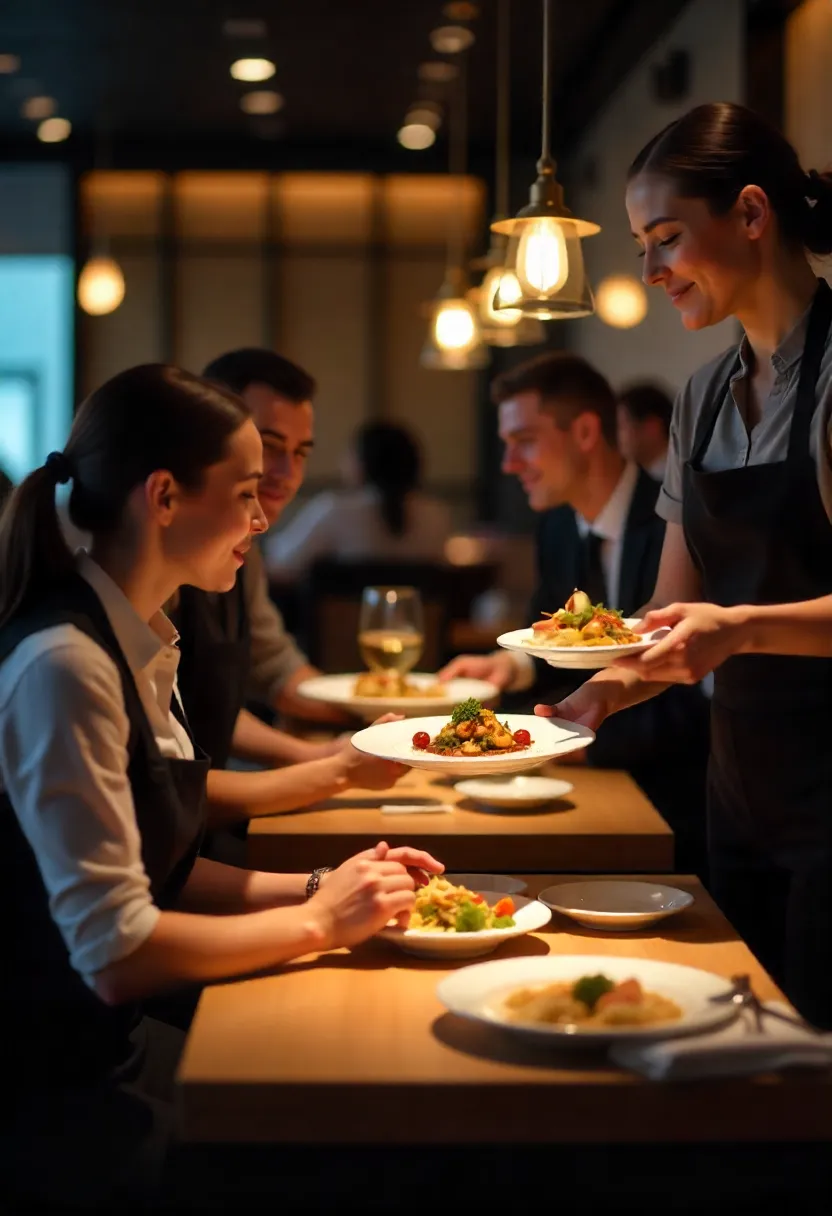
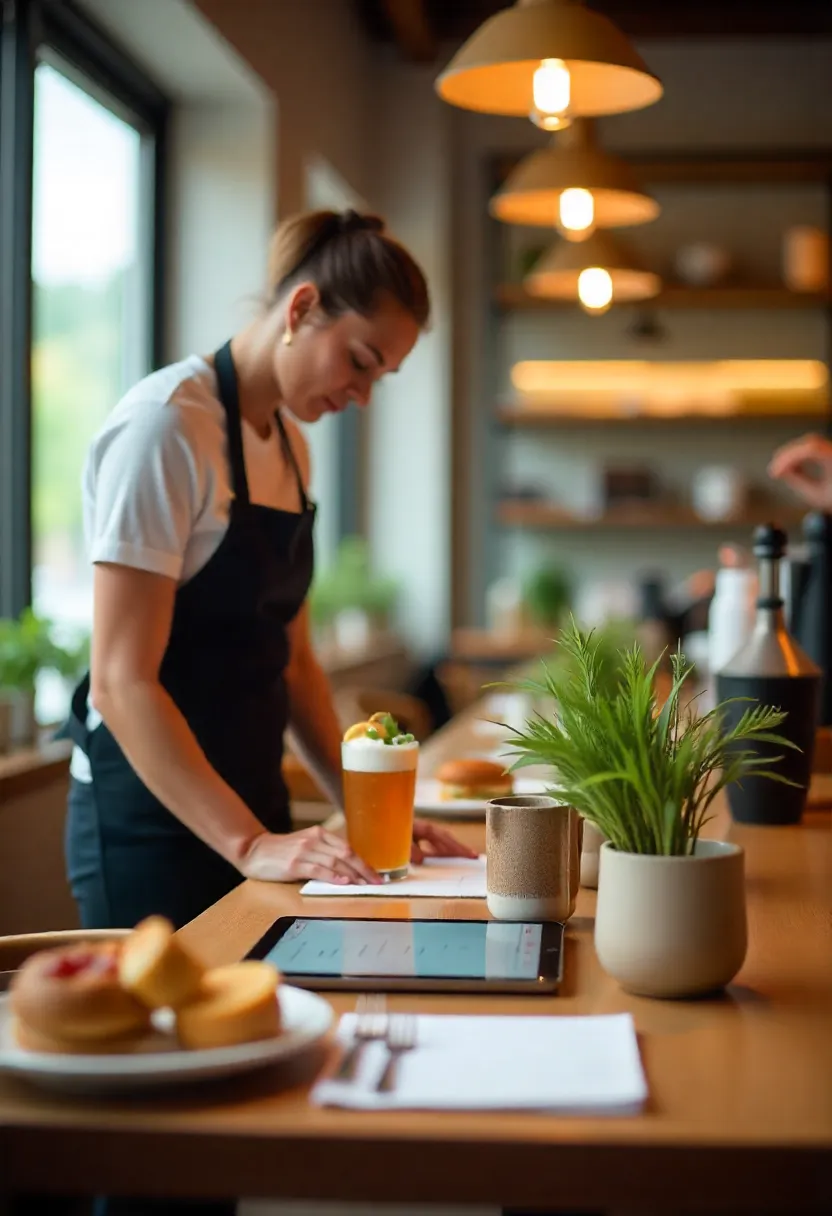


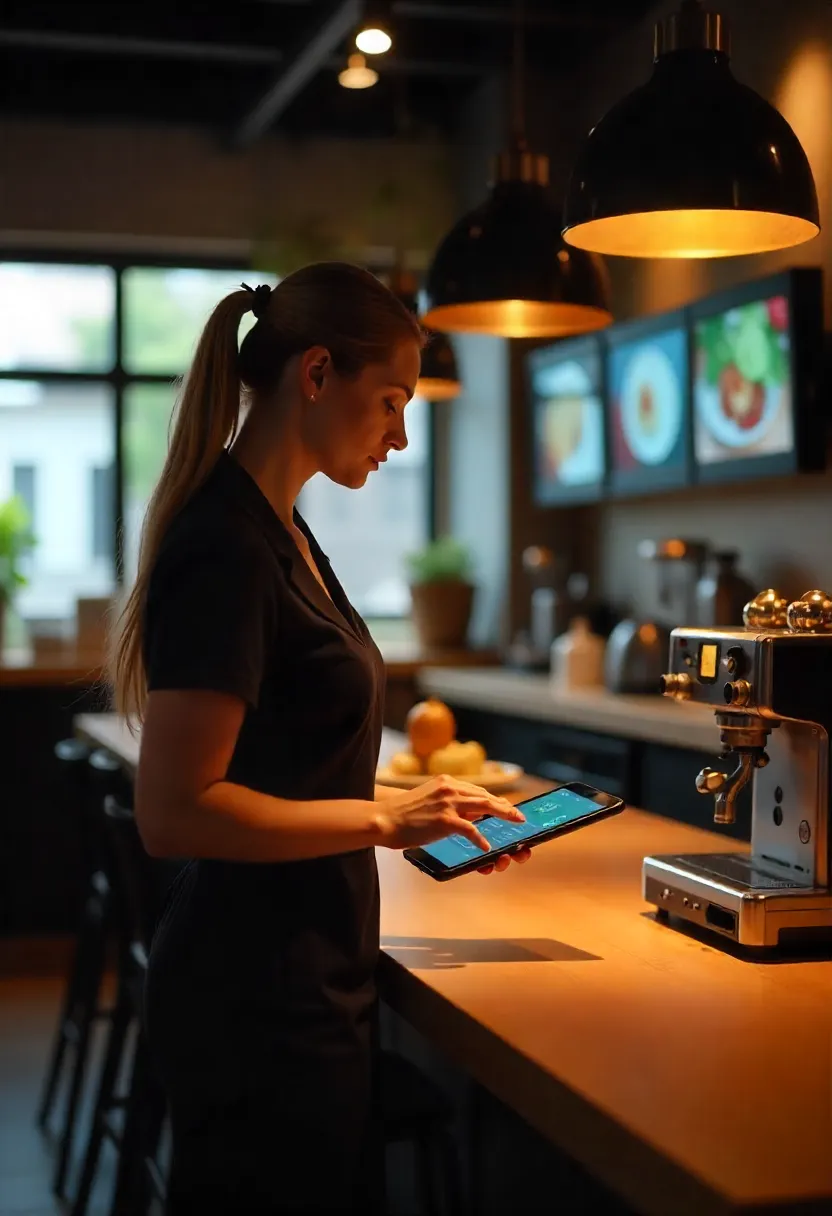

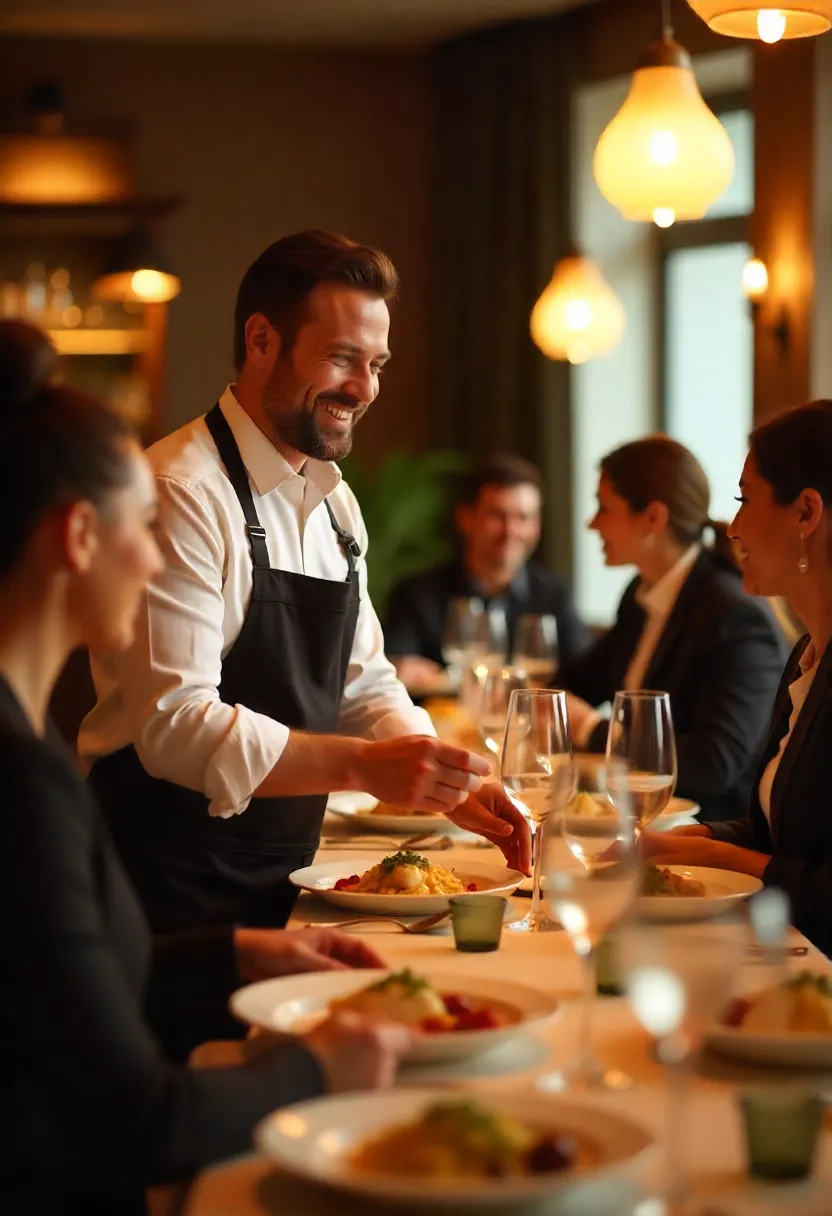
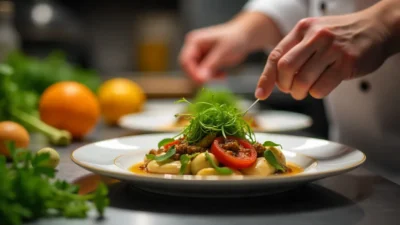
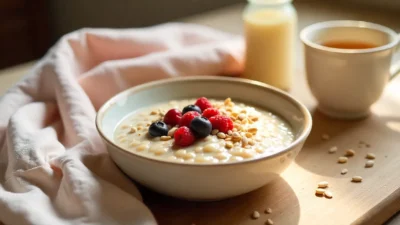

I have not checked in here for a while because I thought it was getting boring, but the last several posts are great quality so I guess I¦ll add you back to my everyday bloglist. You deserve it my friend 🙂
Hi there, I discovered your blog by the use of Google at the same time as looking for a related matter, your website came up, it appears to be like good. I have bookmarked it in my google bookmarks.